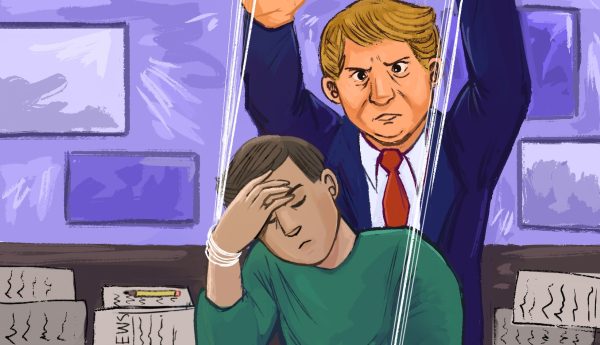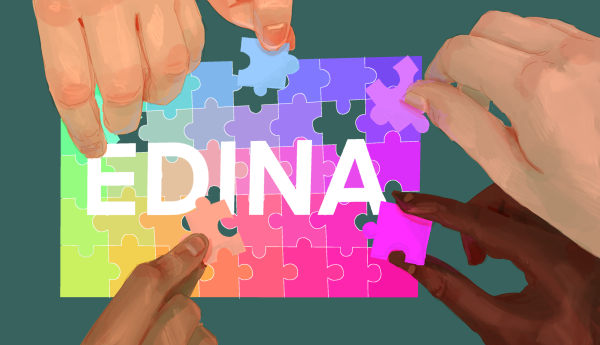Arab Spring for the East?
newsnextbd.com
So the Arab Spring started in Tunisia in Dec. 2010 and here we are, three years later, jaws on the ground and eyes wide open. Needless to say, this “Spring” has forever changed not only the face of the Middle East and Northern Africa, but the way we as a global community view democracy. If one were to compare celebrity meltdowns to countries affected by the Arab Spring, Egypt would be Lindsey Lohan, Syria Miley Cyrus, and Yemen Britney Spears. But now there’s a new meltdown in the mix: Asia. I would, at this moment in time, collectively refer to Southern Asia’s revolution as Amanda Bynes: the one we didn’t really see coming.
I would go so far as to assert that Southern Asia is now going through an Arab Spring of its own. For me, Southern Asia really caught my eye when the anti-government protests began in Thailand. Thousands of people taking to the streets, begging for reform sure gets you thinking.
Recently, an article was written for risingpowersinitiative.org that voiced a lot of doubt that revolution would rock it’s way through South Asia. Reasons included a lack of “contagion effect,” the variation of governments throughout the region, many long-time officials out of office, socioeconomic conditions improving, and Islam being allowed into mainstream politics.
I agree with the author to some extent. I don’t think that revolution in South Asia will mirror that of the Middle East and Northern Africa by any stretch, but I do believe it will spark widespread change.
The Arab Spring presented a really interesting idea to the world: if you push hard enough, change will happen. Sure, change isn’t always what you originally anticipate it to be (Egypt for example), but change will occur nonetheless.
In the short span of just three years, the face of Middle Eastern and North African politics has been forever changed. No longer do you have to have money to have power. Power now comes in numbers coupled with a hunger for change.
Yes, there is a large variation of governmental styles throughout South Asia from Parliamentary Democracies to Constitutional Monarchies but history shows that people always want what they don’t have. So in my opinion, getting stuck on the nitty gritty of the “system” of government is futile – not only do people consistently desire change, but since when does calling yourself a democracy actually make you one? A single glance at the human rights record of the DRC will answer that for you.
When talking about the socioeconomic status improving throughout South Asia, I would argue that this “change” is extremely relative. A study conducted by the Bangkok Post shows that “the top 20% [in Thailand] enjoy more than 50% of the gross domestic product while the bottom 20% only hold 4%.” With all due respect if you think this is a stable and universally accepted socioeconomic distribution, you’re crazy.
I can project and predict all I like, but only time will tell what the future holds for Southeast Asia. We are truly living through a fascinating chapter of history.
After spending eleven years as part of Lancaster's Amish community, senior Bess Pearson moved to Edina to give the "English life" a go. She let her hair...








